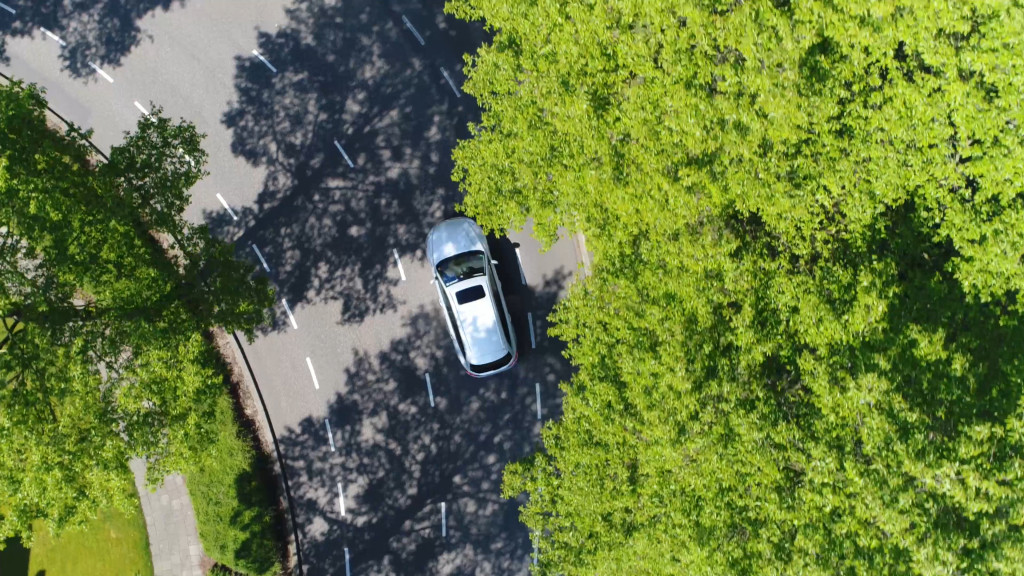- Check tires for pressure and alignment to avoid drift and minimize the risk of punctures.
- Inspect your brakes for signs such as grinding, pulsating, pulling, and a soft pedal, which could indicate a serious safety issue.
- Change your windshield and windows to avoid any cracks or chips that could cause accidents.
- Check your battery and consider replacing it if it is over three years old.
- Pack an emergency kit with items such as a first aid kit, flashlight, blankets, food, and water.
Summer means road trips! Whether you’re going on a weekend getaway or embarking on a long cross-country adventure, you must ensure your vehicle is in tip-top shape for a safe trip. Proper preparation can lessen the chances of unexpected breakdowns and minimize the risk of accidents. This blog post will provide essential tips on preparing your vehicle for long road trips.
1. Check Your Tires
Your car’s tires are the most crucial part of your vehicle that should receive special attention. Check the tire inflation and ensure they meet the manufacturer’s recommended pressure. Replace damaged tires before embarking on a long trip, as worn-down tires are more susceptible to punctures. Additionally, check your car’s alignment, as improperly aligned tires can cause the car to drift and lead to accidents. A quick trip to your local mechanic will help fix any issues with your car’s tire alignment.

2. Inspect Your Brakes
Nothing is more critical to your safety than your vehicle’s braking system. Before going on long-distance drives, check your brake pads’ thickness and ensure they have enough lining to grip the rotors properly. Avoid driving for extended periods if you notice any of the following signs:
a. A metallic grinding noise
When you hear a grinding noise while braking, it can indicate that your brake pads are worn out and must be replaced immediately. This is a serious safety issue, so get your brakes checked ASAP.
b. Brake Pedal Pulsates
A pulsating brake pedal indicates a problem with your rotors. You may need to replace your rotors if they are too warped.
c. Pulling
If your car pulls to one side when braking, this can indicate a faulty brake caliper or worn-out brake pads. But it can also signify an out-of-balance wheel or worn suspensions.
d. Soft Pedal
If you notice that your brake pedal is too soft when pressed, it could indicate air or fluid in the braking system. Check the brake fluid level and seek professional help if it needs to be refilled.
3. Change Your Windshield and Windows
Even small cracks in your windshield or car windows can be dangerous and lead to accidents. The wind can cause the cracks to widen, leading to even more significant problems. If you notice any chips, scratches, or cracks on the windshield or windows, get them fixed before driving. Working with professional car windshield replacement services is recommended. They can quickly assess the damage and provide an efficient repair to ensure your car’s safety.

4. Check Your Battery
Your car’s battery may be old or depleted, hence reducing your car’s ability to start properly. If your vehicle’s battery is over three years old, consider replacing it before starting your journey. Additionally, check your car’s battery terminals for corrosion, clean them, and ensure they are correctly tightened. Some people may take a spare battery with them on their road trip in case of an emergency.
5. Pack an Emergency Kit
No matter how well-maintained your car is, an emergency kit is a must-have for any road trip. Some items in your kit should include a flashlight, first aid kit, jumper cables, blankets, and bottled water. Besides, ensure you have a fully charged mobile phone and chargers to call for help in any emergency. This will help you stay safe and prepared in case of any unforeseen circumstances.
You can also get contact details of the nearest mechanics in the area before you start your journey. This will help you reach out for assistance quickly if anything goes wrong. They can also advise you on the parts and supplies you need to have in case of any breakdowns. If possible, get a few spare parts for your car, just in case.
Proper preparation and maintenance of your car before a long road trip are essential to ensure your safety. By adhering to the above tips mentioned, you will hit the road with less anxiety, knowing your vehicle is ready for the challenge ahead. Always pack an emergency kit and stay vigilant on the road, making your long road trip experience more enjoyable and less troublesome. With the right preparation and attitude, you can create memories for years!
